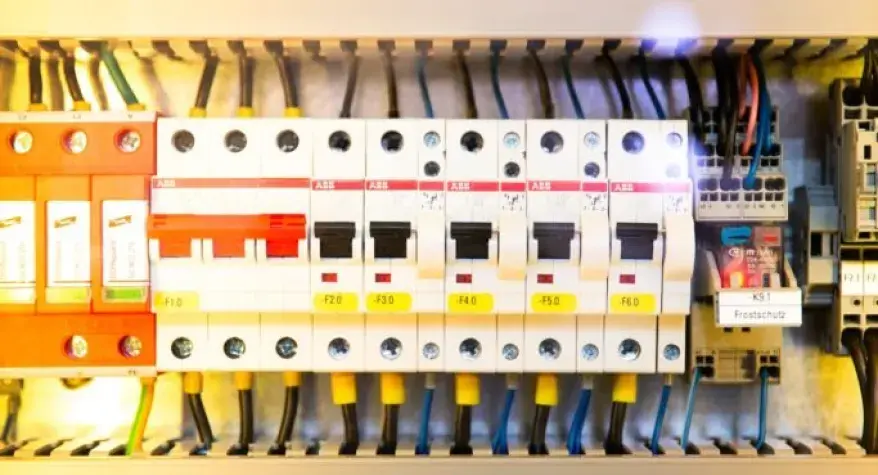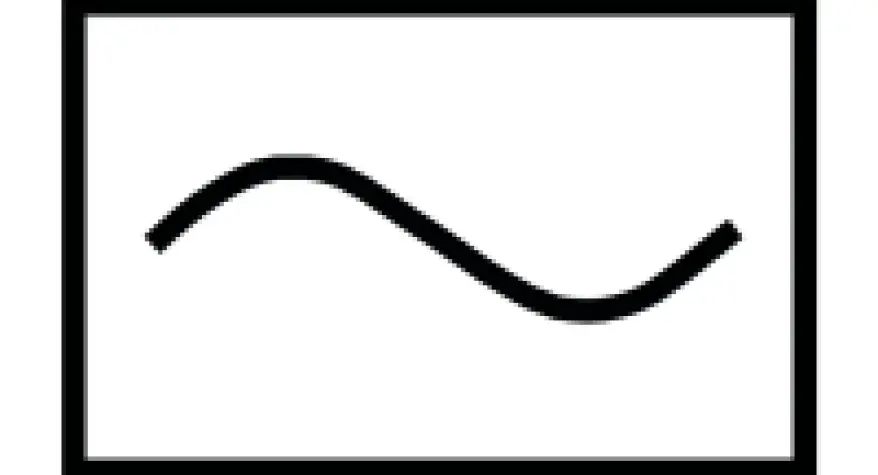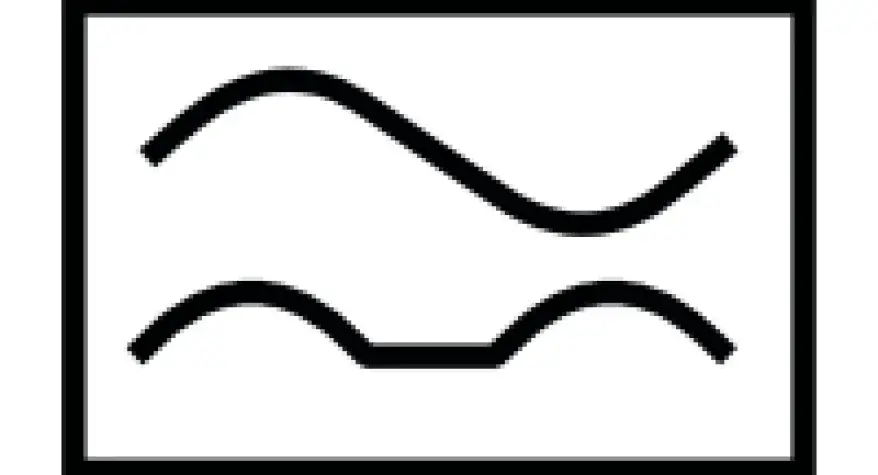Is your RCD protection up to the task?
What is an RCD?
An RCD is a Residual Current Device. It is normally found in your fuse board and is a lifesaving device designed to protect you from electrical shocks. If you hit a cable and the RCD detects an imbalance, your RCD is designed to prevent the circuit from being completed and save you from shock. If you finally decide to put up that picture from your family holidays and you accidentally put a nail or screw through a cable, you will be glad you had RCD protection present! Mistakes are so easily done, and your RCD is designed to keep you safe.
Do you even have RCD protection?
If not then this is something you would want to talk to your electrician about. Even if you do, then as a homeowner you have a responsibility to check the mechanical functionality of their device by pressing the little test button on the RCD/RCBO at least every 6 months.
On the 28th of March, an amendment to the wiring regulations was released affecting various electrical equipment and practices. This new amendment states that now all new RCD protection installed should be a new type of RCD protection (Type A), as the old type (Type AC) is not capable of operating with all the new devices we have in our homes. Items that are powered via DC (Direct Current) and not AC (Alternating Current) are not protected by the old Type AC RCDs. If you are due a board change or due to having electrical work carried out in your home, any good electrician will advise you to have Type A RCD protection installed.
Why is only having Type AC RCD protection in your home not good enough?
AC type RCD only operates with Alternating Current (AC) and not Direct Current (DC) devices and circuits. Whereas A Type RCD will see and recognises DC and AC current.
Ultimately, this means you could be in your home and not be protected if you only have AC RCD installed on your fuse board.
But what if I think I don’t have any devices that use Direct Current?
If you are 99.9% sure you do not use DC electrical items in your home then AC RCD is fine but you should double-check with an electrician.
What items in my home use DC?
These are some of the items in your home that probably use Direct Current:
- Microwaves
- TV’s
- DVD Players
- Set-top Boxes
- Any items that have batteries in them, for example, laptops, phones, portable games consoles.
How do I tell what type of RCD I have installed?
The answer to this question is found on the device that Provides RCD Protection. See the symbols below that will help indicate what type of RCD Protection you have. There are others types of RCD protection too, but the most common and the ones that relate to this blog are below.

AC TYPE RCD (AC )

A TYPE RCD (AC & DC)
If you are not sure your home is up to standard with RCD protection then give A Bathe Electrics a call and we are happy to advise.






